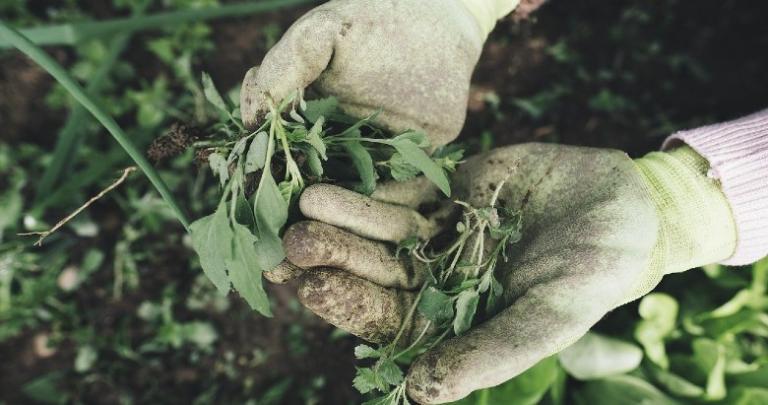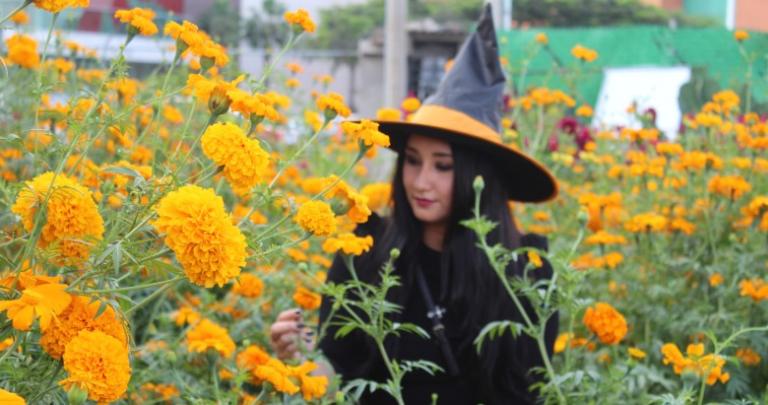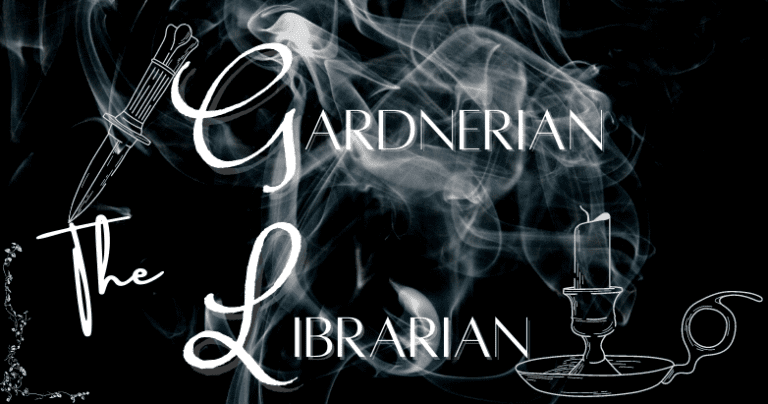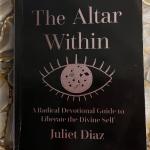Tilling the Soil
Let’s pretend that every person involved in a religious or spiritual tradition is a gardener. Some of us grow vegetables, herbs, or exotic flowers, and others tend fruit trees. Some of us prefer organic farming and others use pesticides. A number of us might say “Meh” to gardening and head on over to animal agriculture instead. No matter what type of gardening we prefer, we all must till the soil in which our precious plants will grow.
At the root of successful gardening lies rich soil. Ever really think about what soil is made up of? Organic matter, such as decomposed plants and animals, and minerals. Good, rich soil has an airy quality about it when you run your fingers through it. Some gardeners add soil to their chosen plots every year, while others simply till the soil they already have. Tilling soil redistributes organic matter and minerals, as well as carbon, nitrogen, oxygen and hydrogen. All of these variables and elements combined make for soil that will support and nurture new plant growth.
Real life application: If you want your tradition to grow then plant your newest folks in rich soil. That rich soil is made up of your tradition’s ancestors, current initiates, and all the elements needed for nurturing positive social growth. You may have to add some ingredients to increase the richness of the soil, and there’s no shame in that.
If you are a part of a tradition that doesn’t till its soil (aka add and evolve) for each new generation of people then your tradition will slowly kick it. Year after year, your tradition will yield less and less crop (read: new folks) until it stops producing all together. It’s much more challenging to plant in hardened ground than it is in freshly tilled soil, my friend. Don’t harden yourself against new ideas, new ways of doing things, or new understandings of how fellow humans exist in the world.

Tending Our Gardens
If each of us tended to our spiritual lives with the same vigor as our social media accounts then we’d be better for it.
Each garden will need a different approach to keep it well-tended. We must account for different altitudes, sunshine-to-shade ratios, soil quality (read above), watering frequency, pests, species competition, weather patterns, and geography. We also have to account for just how attentive (or not) the gardener is, right? Imagine all the above variables are perfect but the gardener never sets foot in the garden again after initial planting. What do we think might happen in this scenario?
Imagine someone calling themselves a gardener but having never actually created or tended to a garden. Imagine another person calling themselves a gardener but the most they’ve ever done is benefit from someone else’s garden. Now imagine those same folks telling real gardeners how to garden “the traditional way.”
Real life application: If you’re an initiate of a tradition but you’ve never set foot in the community, you rarely tend to it, or you ignore it completely then reexamine your commitment as an initiate. Your duty isn’t solely to your gods but also to your tradition (your community — all of it!). If you do nothing to help your fellow community members and only seek to serve yourself then you and your tradition will suffer for it. Your crop will eventually fail and you’ll have contributed to its demise.

This post is the first part of a multi-part series. Stay tuned for Part 2 and more reading resources!
Reading Resources
I suggest checking out these resources to enhance your “gardening” skills:
The Witch’s Path: Advancing Your Craft at Every Level by Thorn Mooney
-Feeling like you need to tell other traditional gardeners how to traditionally garden? How about you tend to your own garden first with a fresh take on your basic skills. Thorn’s book will take you there and maybe help you get your head out of your ass.
Traditional Wicca: A Seeker’s Guide by Thorn Mooney
-A great read for those gardeners who have forgotten what it’s like to respectfully interact with other gardeners and coven leaders.
Transformative Witchcraft: the Greater Mysteries by Jason Mankey
-An excellent resource for those gardeners that think they have all the Great Mysteries figured out. Hot take: you don’t — that’s why they’re mysteries. Let Mankey take you through a journey of rediscovery in this great resource.
“Gardnerians Speak!” at Dowsing for Divinity by Yvonne Aburrow
All Acts of Love and Pleasure: Inclusive Wicca by Yvonne Aburrow
-A healthy reminder to gardeners of the Gardnerian variety that a letter penned by a select few doesn’t speak for all of us. Please also check out the rest of Yvonne’s blog and website — they include incredible resources on how and why to practice Wicca inclusively.
“Weaponizing Polarity: A Critical Response to ‘Traditional Gardnerians'” at The Silver Bough by Dylan
-An in-depth critique and analysis of a dogmatic letter penned by overreaching gardeners/Gardnerians. Dylan walks readers through spotting the pseudo-historical and dubunked science claims that a minority of the Gardnerian gardening community are still using today.
Have a gardening resource you think should be included here? Send me a message on Instagram!
@thegardnerianlibrarian


















